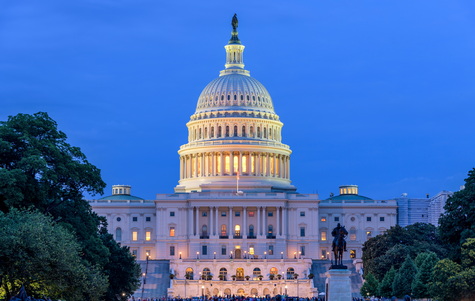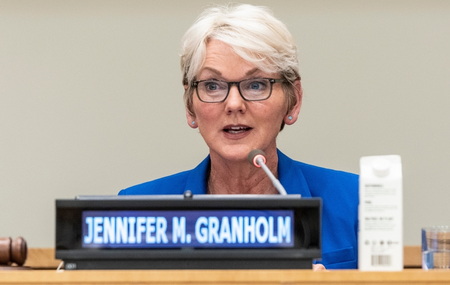
An intense push by Democratic leaders this week to approve a $1 trillion “physical” infrastructure bill and a $1.85 trillion “human” infrastructure plan (H.R. 5376) met resistance today from House progressives and moderates, who rejected ongoing efforts to vote on the bills until their concerns are addressed.
Intraparty Disagreement
SALT and LIHTC

Congress faces a crucial agenda and a tight timeframe. Policymakers return from recess Nov. 15 for one week before the Thanksgiving break. On Dec. 3, funding for the government will expire – within the same time frame when the current debt ceiling must also be addressed. Lawmakers may pass either an appropriations bill covering FY23, or opt for another "continuing resolution" to fund the government at existing levels for a specified period of time.
# # #

Legislation introduced this week in the House by Rep. Carolyn Maloney (D-NY), above, would create a federal backstop to ensure coverage in all critical commercial lines of insurance for business interruption losses, whether from future pandemics or other public health emergencies. The Real Estate Roundtable and the Business Continuity Coalition strongly support the bill. (ConnectCRE, Nov. 2)
PRIA & Risk Exposure

PRIA Specifics

Industry Views

The legislative outlook for PRIA will be among the many issues discussed at the next meeting of The Roundtable's Real Estate Capital Policy Advisory Committee (RECPAC) on Nov. 9 in New York City.
# # #

U.S. Energy Secretary Jennifer Granholm, above, announced on Nov. 3 a “soft launch” of the multi-sector Better Climate Challenge at the COP26 international conference in Glasgow. This new Department of Energy (DOE) effort aims to recognize U.S. real estate, industrial, and other companies that voluntarily agree to slash their GHG emissions – and share their “best practices” toward achieving emissions reduction goals. (Climate Challenge Factsheet | FAQs | Informational webinar)
Program Requirements
Corporate Purchases of Clean Power
Partnership Agreements and Public Recognition
Contact the Department of Energy to Participate

# # #